
Mental Health in High-Performing Professionals: Rethink How You Measure Success
Mental Health in High-Performing Professionals: Rethink How You Measure Success By: Rane Wallace, MS, LPC, LCDC When your job seems to take over your life,

If you’ve ever been in an abusive relationship and felt bonded with (or sympathetic towards) your abuser, you likely experienced something known as trauma bonding. As mental health professionals, our team will help you understand what is trauma bonding — as well as some of the warning signs — in today’s blog post.
So, what is trauma bonding? Well, it’s the formation of an unhealthy bond between a person living with abuse and their abuser. And they’re not just found in romantic relationships – these bonds can form between friends, family members, and even coworkers. Trauma bonds are forged through affection alternating with abuse, and they can lead to incredibly low self-esteem, as well as mental health disorders like depression.
Recognizing the signs of trauma bonding helps individuals avoid or break them:
The National Domestic Violence Hotline reported that survivors of domestic violence or abuse claim their partners display “perfect” or “wonderful” behavior 90% of the time. And because that behavior makes up the majority of the time spent together, it’s used to justify the 10% of abuse.
Whether they’re a former romantic partner or a family member, incessantly thinking about someone who hurt you — especially after they’ve gone — is an indicator that you might have a traumatic bond with them.
If you’re constantly trying to help someone despite their history of abuse towards you, you might have a trauma bond. While everyone’s situation is unique, helping can mean:
If you have a trauma bond with someone, you might not feel like you can be your authentic self around them. And while this includes not sharing your true feeling or opinions, it also refers to a subconscious attempt to mimic their thinking. Either behavior stems from a desire to please or prevent your abuser from getting angry.
Though it can be difficult, it is possible to break a trauma bond. Here’s how:
So, what is trauma bonding? Well, we hope today’s blog post gave you an answer. And if you or a loved one suspects you might be experiencing a trauma bond, Fort Wellness Counseling is here for you.
Our qualified therapists utilize a trauma-informed approach to help clients cope with their emotional and physical responses to traumatic events. In addition, we are extensively trained in a variety of trauma therapies including EMDR therapy in Fort Worth, brainspotting therapy, and accelerated resolution therapy. If you are looking for trauma therapy in Texas, look no further.
Ready to achieve a higher quality of life? Contact our team to schedule an appointment.

Mental Health in High-Performing Professionals: Rethink How You Measure Success By: Rane Wallace, MS, LPC, LCDC When your job seems to take over your life,

New Year, Same You (Just with a Better Support System) By: Rane Wallace, MS, LPC, LCDC You have probably heard of the phrase “new year,

The Costs of the Scarcity Mindset By: Rane Wallace, MS, LPC, LCDC Would you consider yourself to be a “glass half empty” type of person?

What Is Relational Trauma? And How It Shows Up in Everyday Life By: Rane Wallace, MS, LPC, LCDC Do you ever find it hard to

How to Understand Your Feelings with Emotional Intelligence By: Rane Wallace, MS, LPC, LCDC When you think of intelligence, what’s the first thing that comes

How to Stop Overthinking? Strategies for Managing Rumination and Intrusive Thoughts By: Rane Wallace, MS, LPC, LCDC, SAP Sometimes we drift into thought, and sometimes

Offering Support After the Texas Hill Country Flooding By: Rane Wallace, MS, LPC, LCDC, SAP When tragedy strikes, it comes out of nowhere. And it

Family Vacations & Your Mental Peace: Strategies for Stress-Free Summer Travel By: Rane Wallace, MS, LPC, LCDC, SAP Of course, traveling with your family is

Mental Health 101: Debunking Common Myths By: Rane Wallace, MS, LPC, LCDC, SAP Every May, Mental Health Awareness Month raises awareness and advocacy for people

Medical Trauma: Understanding and Healing from Difficult Healthcare Experiences By: Rane Wallace, MS, LPC, LCDC, SAP Over the years, I’ve come to understand that for

Social Media Depression: Beyond FOMO to Algorithm-Induced Mood Change By: Rane Wallace, MS, LPC, LCDC, SAP I’ve seen this happen so many times with patients,

How to Wind Down at Night: Simple Sleep Hygiene Tips By: Rane Wallace, MS, LPC, LCDC, SAP Sleep hygiene might sound like a fancy term,

Pregnancy and Postpartum Anxiety Treatment in Fort Worth By: Rane Wallace, MS, LPC, LCDC, SAP Have you or a loved one experienced anxiety during pregnancy

Breaking the ‘New Year, New Me’ Mindset: A Guide to Sustainable Change By: Rane Wallace, MS, LPC, LCDC, SAP In my years as a therapist,

How to Support a Partner with Chronic Illness: A Mental Health Perspective By: Rane Wallace, MS, LPC, LCDC, SAP Living with a chronic illness can

EMDR for Attachment Issues: Building Healthy Relationships By: Rane Wallace, MS, LPC, LCDC, SAP When you hear “EMDR therapy” (Eye Movement Desensitization and Reprocessing), you

How to Deal with a Narcissistic Partner By: Rane Wallace, MS, LPC, LCDC, SAP Do you ever feel like your partner thinks they’re better than

How to Recover from Burnout By: Rane Wallace, MS, LPC, LCDC, SAP Burnout is a common struggle in today’s fast-paced world. Life’s relentless demands can

The Benefits of Attending Couples Counseling By: Rane Wallace, MS, LPC, LCDC, SAP There’s a misconception about couples counseling – that it signals the end

Things to Know About Individual Counseling in Fort Worth, TX By: Rane Wallace, MS, LPC, LCDC, SAP May is Mental Health Awareness Month, a good

Everything You Need to Know About EMDR Therapy By: Rane Wallace, MS, LPC, LCDC, SAP Have you heard about EMDR therapy and want to learn

What is Nature Therapy? (And Why You Should Be Doing It!) By: Rane Wallace, MS, LPC, LCDC, SAP Let’s face it: there’s just something about
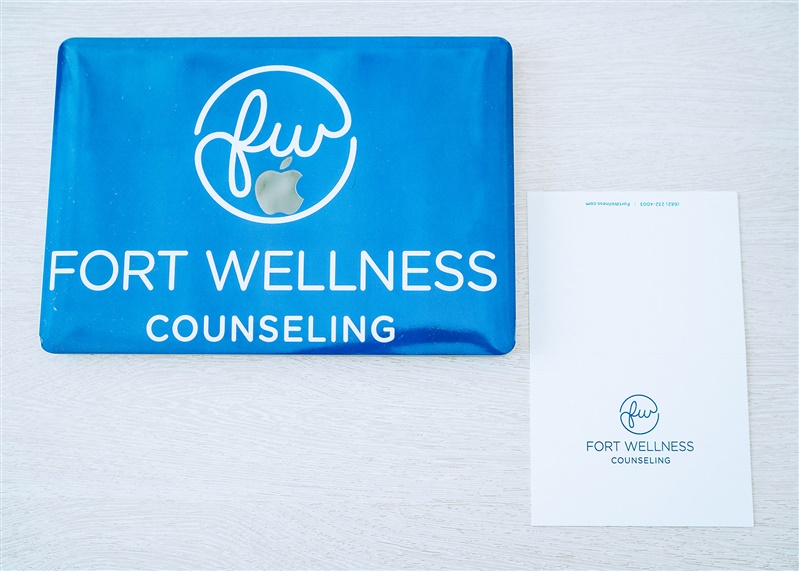
The Benefits of Virtual Therapy in Texas By: Rane Wallace, MS, LPC, LCDC, SAP Technology is changing everything, and healthcare is no different! Thanks to

How to Get Over a Breakup By: Rane Wallace, MS, LPC, LCDC, SAP Breaking up with a romantic partner is painful – no matter the reason

How to Set New Year’s Resolutions By: Rane Wallace, MS, LPC, LCDC, SAP How to Set New Year’s Resolutions Setting goals gives us a sense
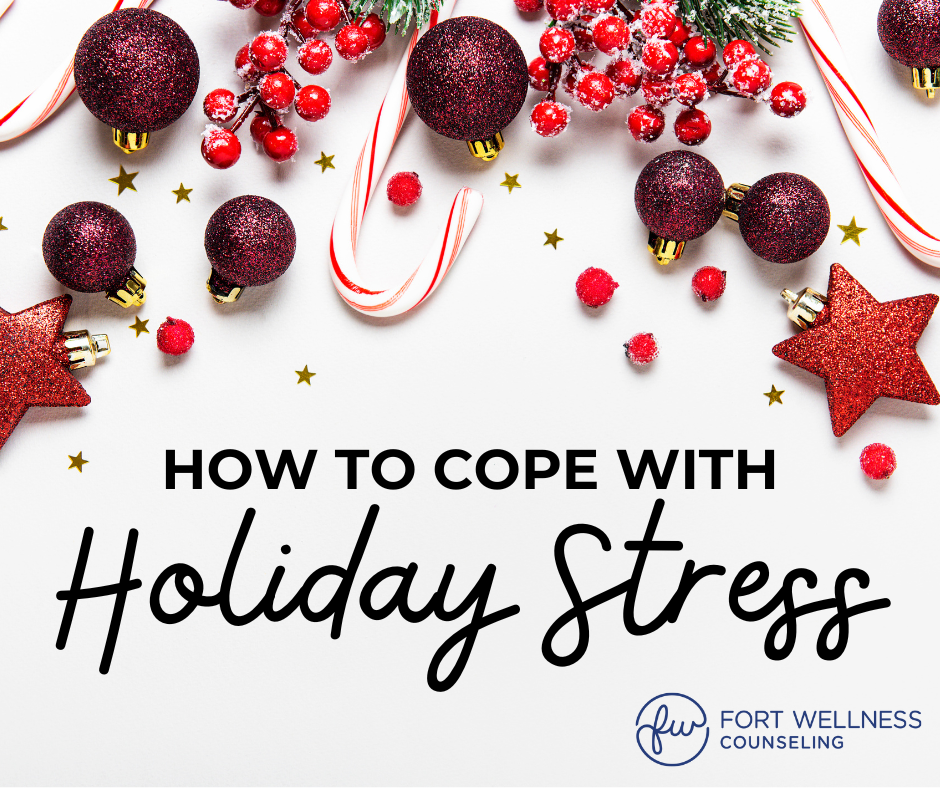
How to Cope with Holiday Stress By: Rane Wallace, MS, LPC, LCDC, SAP Say No to Prevent Burnout There are an abundance of obligations that

Trauma Therapy in Fort Worth: Types, Benefits & More By: Rane Wallace, MS, LPC, LCDC, SAP Believe it or not, an estimated 60% of men

How to Communicate Better in Relationships By: Rane Wallace, MS, LPC, LCDC, SAP Whether with coworkers or your significant other, the ability to communicate effectively

How to Prevent Seasonal Affective Disorder (SAD) By: Rane Wallace, MS, LPC, LCDC, SAP If you’re struggling with winter blues, know you’re not alone. SAD

What is a Functioning Alcoholic? By: Rane Wallace, MS, LPC, LCDC, SAP When someone is deemed a ‘high-functioning alcoholic,’ they’re able to carry out daily

How to Help Yourself – And Others – with Suicidal Ideation By: Rane Wallace, MS, LPC, LCDC, SAP September is Suicide Awareness Month. And while

32 Questions to Strengthen Your Relationship By: Rane Wallace, MS, LPC, LCDC, SAP When was the last time you had a meaningful conversation with your

The Fawn Response: How Trauma Can Lead to People Pleasing By: Rane Wallace, MS, LPC, LCDC, SAP Do you often find yourself putting the needs

How to Overcome ‘Hangxiety’ (Post-Drinking Anxiety) By: Rane Wallace, MS, LPC, LCDC, SAP Thought the consequences of drinking heavily were merely physical? Unfortunately, you’ll have

What is Box Breathing? Plus Tips for Beginners By: Rane Wallace, MS, LPC, LCDC, SAP Ever heard of box breathing? This popular relaxation technique involves

Do Mindfulness Exercises for Anxiety Work? By: Rane Wallace, MS, LPC, LCDC, SAP Do mindfulness exercises for anxiety work? If you (or people in your

What is Trauma Bonding? 4 Warning Signs By: Rane Wallace, MS, LPC, LCDC, SAP If you’ve ever been in an abusive relationship and felt bonded

Why Do We Cry? 4 Reasons and Crying Benefits By: Rane Wallace, MS, LPC, LCDC, SAP There’s no getting around it – crying is part

What Is Habit Stacking? (And How to Do It) By: Rane Wallace, MS, LPC, LCDC, SAP Supporting our mental health is one of those goals

5 Tips for Living with Someone with OCD By: Rane Wallace, MS, LPC, LCDC, SAP While living with OCD (obsessive-compulsive disorder) can be demanding, living

What is Assertive Communication? By: Rane Wallace, MS, LPC, LCDC, SAP So, what is assertive communication? Well, in a nutshell, this communication style aims to

PTSD Counseling in Fort Worth: Proven Coping Strategies By: Rane Wallace, MS, LPC, LCDC, SAP For those who didn’t already know, post-traumatic stress disorder (PTSD)

Brainspotting vs. EMDR: What’s the Difference? By: Rane Wallace, MS, LPC, LCDC, SAP According to the National Council for Mental Wellbeing, 70% of American adults

Mindfulness Exercises to Strengthen Your Recovery By: Rane Wallace, MS, LPC, LCDC, SAP Are you recovering from alcohol and/or substance abuse? Self-improvement is a life-long

How to Find a Counselor in Fort Worth By: Rane Wallace, MS, LPC, LCDC, SAP Are you considering therapy? If so, finding a counselor in

How To Not Be Codependent In A Relationship By: Rane Wallace, MS, LPC, LCDC, SAP Wondering how to not be codependent in a relationship? Sometimes

What is Parental Anxiety? Coping Tips from a Therapist By: Rane Wallace, MS, LPC, LCDC, SAP Every parent wants to shield their child from danger

What is EMDR Therapy? By: Rane Wallace, MS, LPC, LCDC, SAP Ever heard of eye movement desensitization and reprocessing therapy? More commonly known as EMDR,

8 Proven Tips to Sleep Better at Night (and Improve Your Mental Health) By: Rane Wallace, MS, LPC, LCDC, SAP Struggling with restless nights and

How to Have a Healthy Relationship with Social Media By: Rane Wallace, MS, LPC, LCDC, SAP In today’s world, there’s no escaping the presence of

What Is The Goal of Psychotherapy? By: Rane Wallace, MS, LPC, LCDC, SAP Have you been considering psychotherapy? The start of a new year is

What is Brainspotting Therapy? By: Rane Wallace, MS, LPC, LCDC, SAP Brainspotting therapy is a kind of alternative therapy that is gaining immense popularity in

Healing After an Affair: 7 Strategies for Affair Recovery Rane Wallace, MS, LPC, LCDC, SAP It doesn’t matter who you are – working through an

12 Benefits of Gratitude By: Rane Wallace, LPC, LCDC, SAP With Thanksgiving coming to a close, we thought it was fitting to explore the link

How to Avoid Seasonal Depression By: Rane Wallace, MS, LPC, LCDC, SAP Daylight savings has officially come and gone. For most of us, this means

Top 10 Ways for How To Keep Your Relationship Strong and Healthy By: Rane Wallace, MS, LPC, LCDC, SAP Relationships can be tricky whether you’re

10 Best Ways to Calm Yourself Down Rane Wallace, MS, LPC, LCDC, SAP When we’re navigating social media, complex relationships, and performance pressures, it’s easy

How to Set Boundaries Between Family Members By: Rane Wallace, MS, LPC, LCDC, SAP Learning how to set boundaries between family members is imperative. From

Understanding the Quarter-Life Crisis By: Rane Wallace, MS, LPC, LCDC, SAP You’ve probably heard of the ominous mid-life crisis, right? Having been stereotyped in plenty

Am I An Alcoholic? 6 Warning Signs of Alcoholism By: Rane Wallace, MS, LPC, LCDC, SAP Be honest, what comes to mind when you think

Top Coping Skills for Anxiety and Stress Management By: Rane Wallace, MS, LPC, LCDC, SAP Being well into our second year of a global pandemic,

5 Self-Care Journaling Prompts for Mental Health By: Rane Wallace, MS, LPC, LCDC, SAP In the world we live in today, mental health struggles are

What to Do While You Wait for Counseling By: Rane Wallace, MS, LPC, LCDC, SAP From problems with anxiety to depression to addiction problems, there

What is Postpartum Depression? (And How to Overcome It) By: Rane Wallace, MS, LPC, LCDC, SAP Have you or a loved one recently had a

The Effects of Stress on Your Body By: Rane Wallace, MS, LPC, LCDC, SAP Are you feeling stressed out? Overwhelmed? Increasingly anxious? If so, you

How to Stop a Panic Attack: 9 Strategies By: Rane Wallace, MS, LPC, LCDC, SAP If you’ve experienced a panic attack, then you know how

Does Working from Home Affect Your Mental Health? By: Rane Wallace, MS, LPC, LCDC, SAP Working from home can play a huge role on your

8 Signs You Are Addicted to Porn (And How It Ruins Relationships) By: Rane Wallace, MS, LPC, LCDC, SAP As a porn addiction therapist, I

Do I Need Therapy? 8 Signs You Should See a Therapist By: Rane Wallace, MS, LPC, LCDC, SAP Are you stuck in a rut and

8 Tips for How to Help Someone Depressed By: Rane Wallace, MS, LPC, LCDC, SAP Are you wanting to know how to help someone depressed?

15 Coping Skills for Stress Management By: Rane Wallace, MS, LPC, LCDC, SAP While I hate to say it, stress is something that will pretty

10 Helpful Coping Skills for Dealing with Difficult Times By: Rane Wallace, MS, LPC, LCDC, SAP Attending individual counseling sessions with a therapist can help
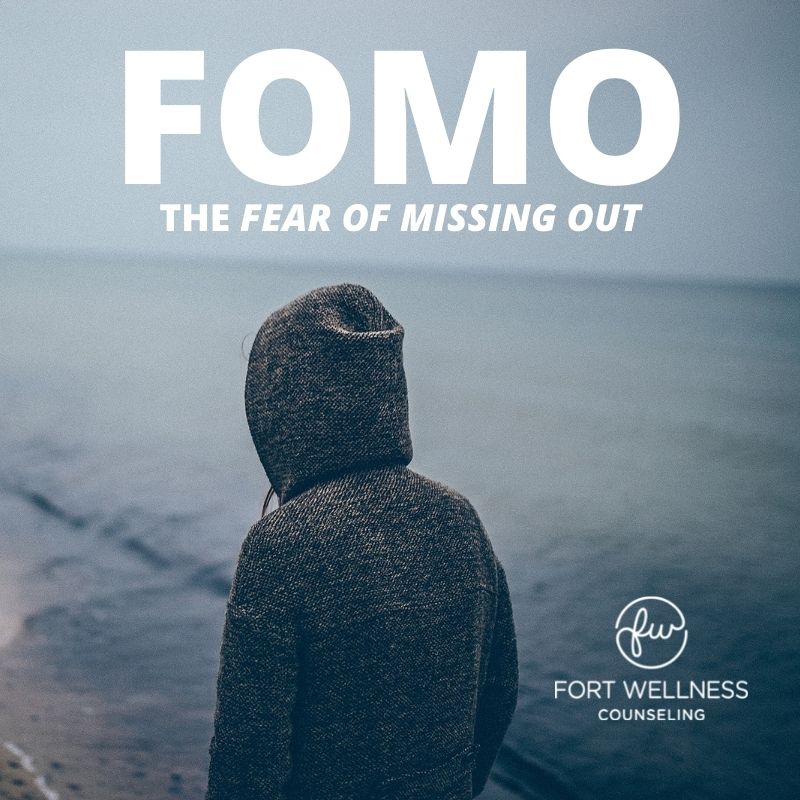
8 Tips for Coping with FOMO – The Fear of Missing Out By: Rane Wallace, MS, LPC, LCDC, SAP In this article, I’m going to
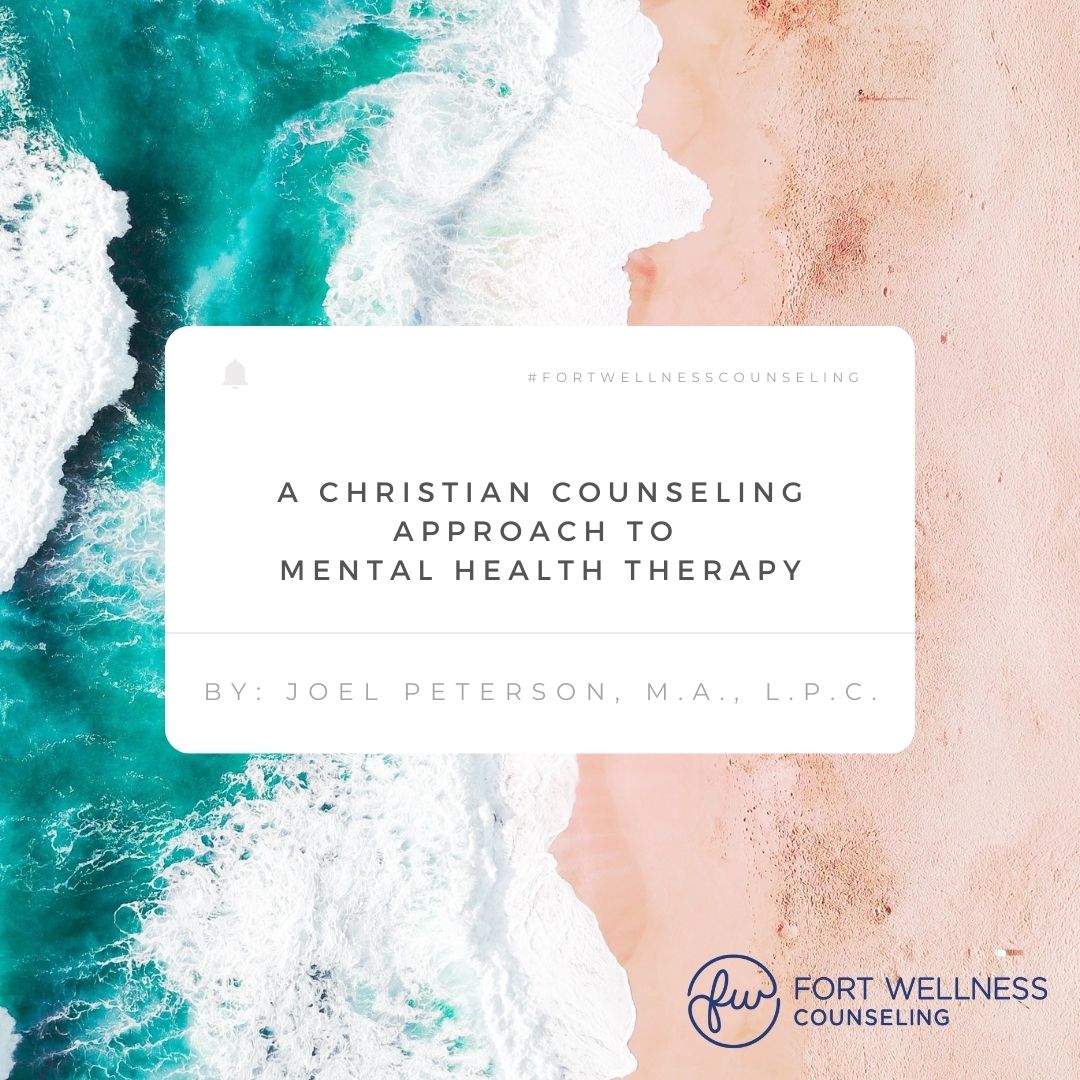
A Christian Counseling Approach to Mental Health Therapy Guest Post by Joel Peterson, M.A., L.P.C. What is mental health? Achieving your goals? Mental health and
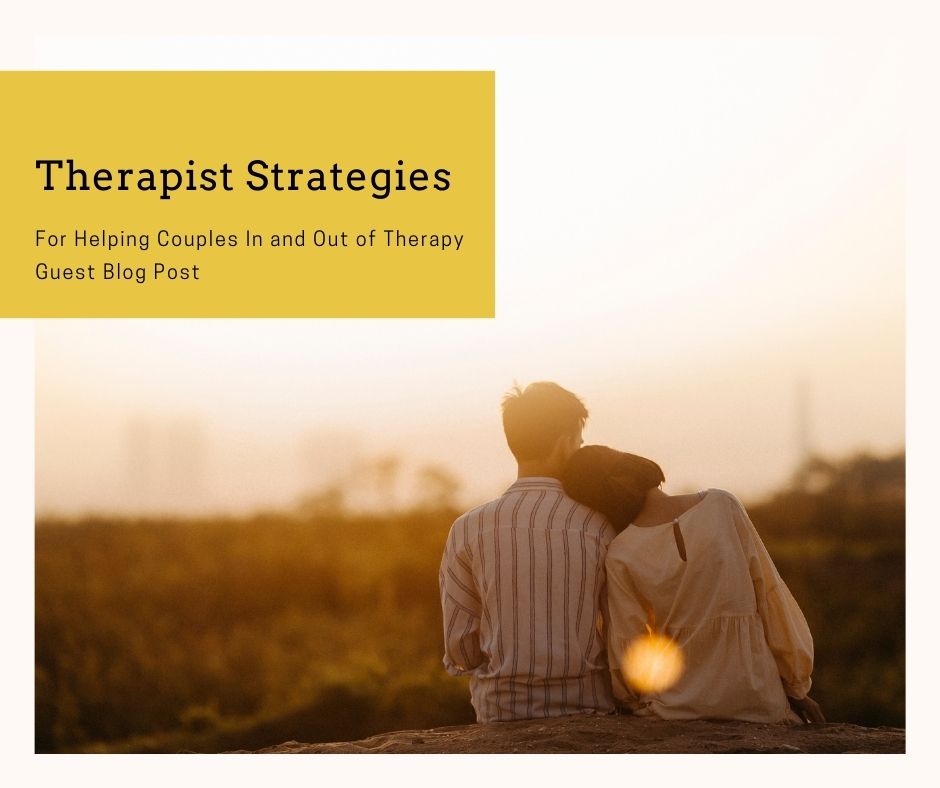
Strategies for Helping Couples In and Out of Therapy Guest Post by Zully Shultz, MS, LMFT As a relationship therapist and marriage counselor in Fort

Therapy with Fort Worth Therapists: Building Good Habits and Routines Rane Wallace, MS, LPC, LCDC, SAP Attending therapy with Fort Worth Therapists can help you
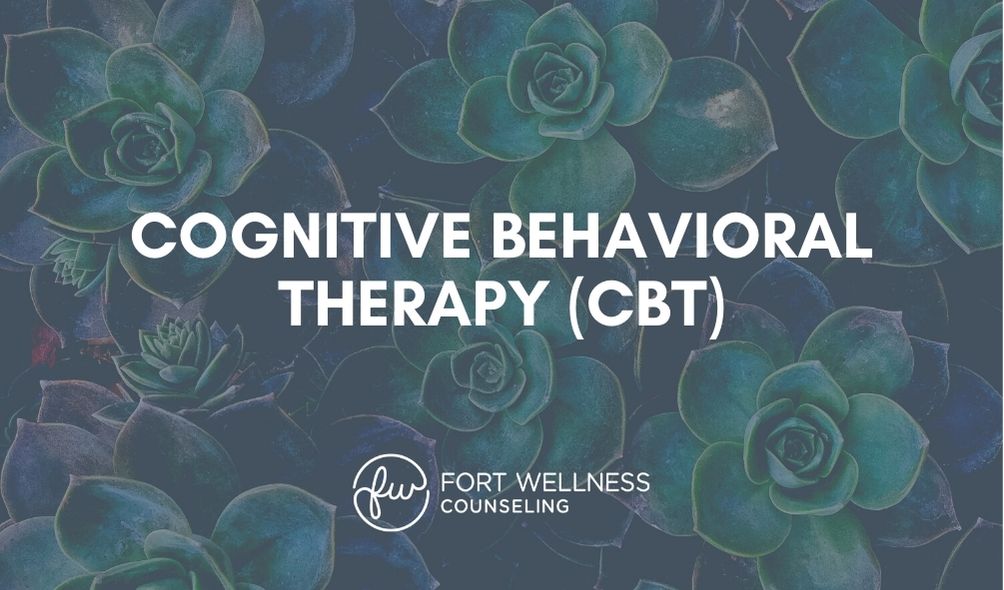
A Guide to Cognitive Behavioral Therapy and Common Techniques Rane Wallace, MS, LPC, LCDC, SAP In this article, I’ll briefly discuss what Cognitive Behavioral Therapy
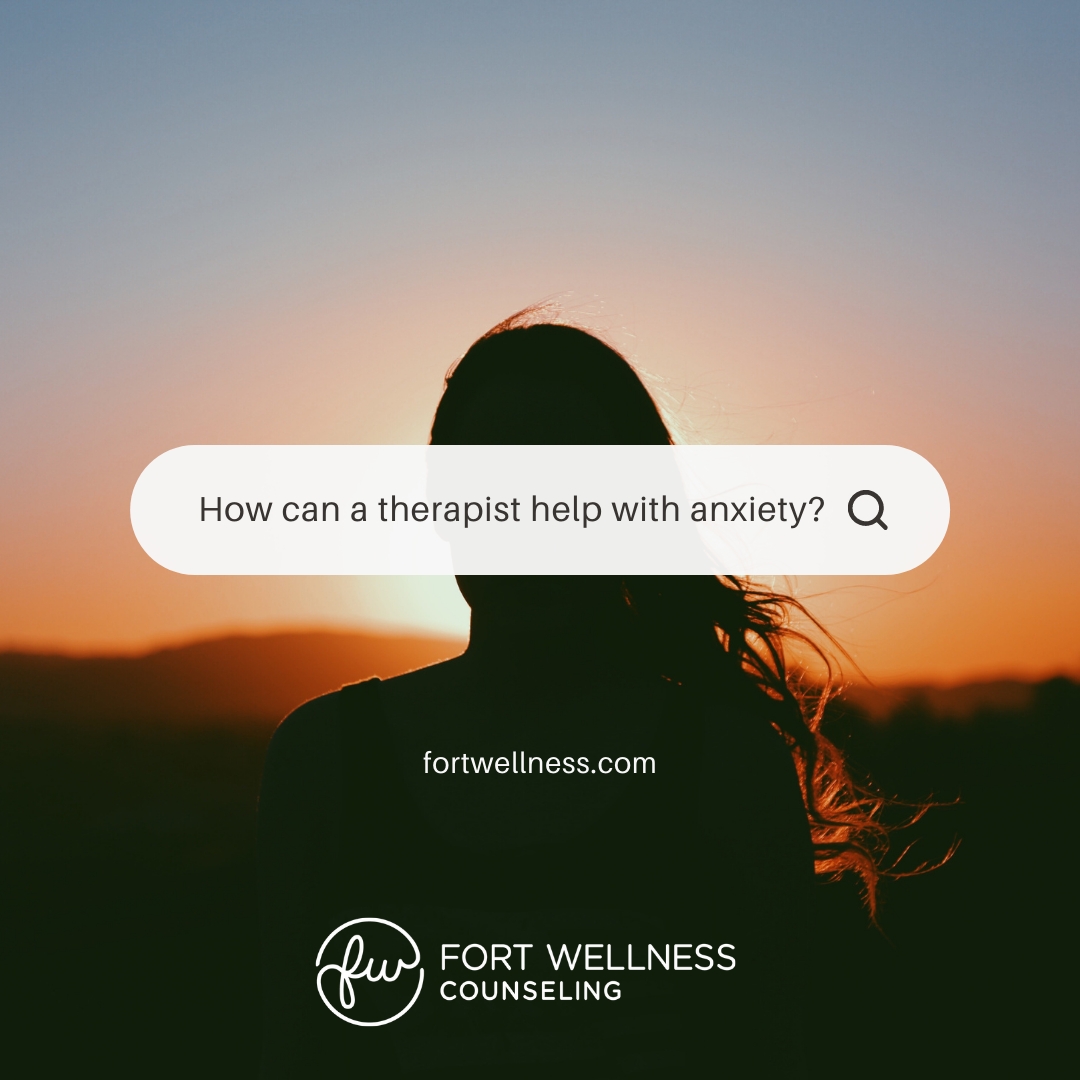
How Therapists Can Help You With Anxiety Rane Wallace, MS, LPC, LCDC, SAP In this article, I’ll discuss what anxiety is and list 4 of

Recovering from Drugs and Alcohol – Maintaining Sobriety in Fort Worth Guest Post by Neal Williams Today, I want to discuss the topic of Recovery.

Thanksgiving and Gratitude – Fort Worth Therapy Facts Guest Post by Amanda Averbeck, MS, LMFT-Associate I often see social media posts for 30 days of

The Continuum of Addiction and When to Reach Out For Help Rane Wallace, MS, LPC, LCDC, SAP Many people have a difficult time truly understanding

Helpful Things to Know About Depression Rane Wallace, MS, LPC, LCDC, SAP In this article, I’ll define what depression is and summarize the most common

When Should I Attend Therapy with Therapists in Fort Worth? Rane Wallace, MS, LPC, LCDC, SAP Are you not sure if you should attend therapy

How to Find Therapists in Fort Worth for Individual Counseling and Therapy Services Rane Wallace, MS, LPC, LCDC, SAP Do you want to find counselors

What to Expect at Your First Session of Therapy at Fort Wellness Counseling with Our Fort Worth Based Therapist and Counselor Part 3 of 3

The Benefits of Attending Therapy with a Counselor and Therapist in Fort Worth, TX Part 2 of 3 Rane Wallace, MS, LPC, LCDC, SAP What

What is Counseling, Mental Health Therapy, Psychotherapy and Talk Therapy? Part 1 of 3 Rane Wallace, MS, LPC, LCDC, SAP Part 1: What is counseling?